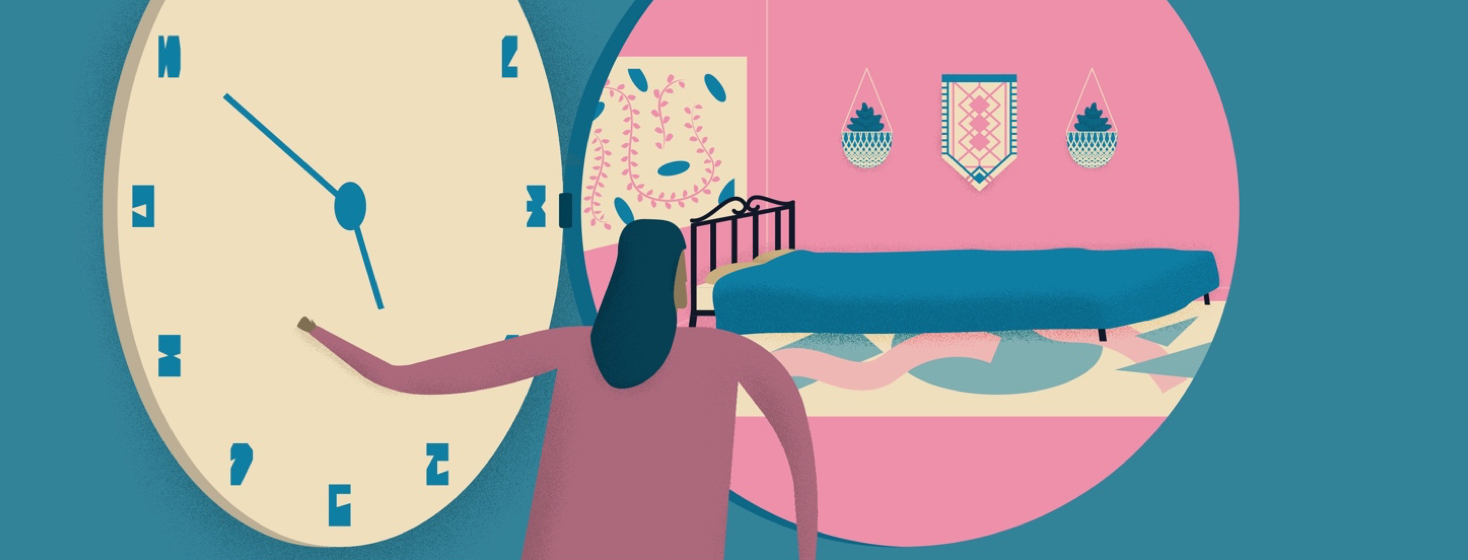To Nap or Not to Nap...
I have talked to so many people with sleep apnea who found their life changed completely when they started CPAP treatment. For others, myself included, it’s not such a magic bullet.
Before regular treatment with my continuous positive airway pressure (CPAP) machine, I was falling asleep at the wheel and dealing with daily bouts of afternoon sleepiness.
CPAP helps, but sleepiness is not gone
Now that I use my CPAP every night for at least 8 hours, I have felt benefits. I no longer feel that I’ll fall asleep at the wheel or that I just won’t make it to the end of the day at work.
However, like many people using CPAPs, I struggle with daily tiredness, fatigue, and sleepiness. I often find myself struggling with the question of whether I should take a nap or not.
Grateful for the choice to nap
You can’t talk about napping without recognizing that not everyone has the opportunity to nap. Most people need to work the whole day. I am in an incredibly fortunate position to work part-time and be able to choose to take a nap the days I’m not at work if I need to.
That leaves me with the decision of whether it is better to nap regularly or whether to just try to make it to bedtime. People with flexible schedules, part-time workers, and retirees find themselves with the same choices.
The argument against napping
I asked my sleep specialist about naps at a recent appointment. The length of nap she recommended surprised me. She told me that a good nap length is considered to be 10 to 30 minutes.
When I asked her about my usual 1- to 2-hour naps, she said this is longer than a nap and is considered part of sleep hours. This made sense to me because sometimes when I do decide to take a longer afternoon nap, it does have a big impact on the length and quality of sleep at night. Then I find myself dealing with my normal sleep apnea along with disturbed sleep because I napped too long.
The argument for napping
After a nap, I can think more clearly and have more energy for socializing with family, friends, or outings with my kids. One situation where I always choose napping over waiting until bedtime is when I have any extended driving to do.
For example, my daughter has volleyball practice 2 evenings a week. My husband and I take turns driving, depending on my work schedule. If it’s my turn to drive and I’m not working that day, I invariably take a nap if I’m fatigued or sleepy.
Now that I use a CPAP every night, I rarely feel so sleepy that I’m worried I’ll fall asleep at the wheel. However, there’s no doubt that if I’m tired, I am less alert and focused on driving. Those are the days I’m more likely to just take a nap.
Am I missing out on family time?
I used to feel guilty that the time I spent napping could be spent with my family. With 2 girls, 8 and 13, sometimes I do feel that I miss out on homework supervision or just talking about their day. When I’m napping, I'm obviously not present with them.
However, my husband and my kids have all expressed that they much prefer when I nap. Apparently, I’m “much more fun” and “less grumpy” after I nap! When I don’t take a nap, I tend to drag through to bedtime with little patience or bandwidth for noise or disagreements.
Controlling my nap length
Since meeting with my sleep specialist, I have started setting an alarm to prevent me from sleeping too long. This way, the nap doesn’t usually impact my sleep that night.
The question of whether to nap or not still persists for me. Some days I do nap, and others I don’t. Do you nap? Have you considered whether daytime naps impact your nighttime sleep? Have you asked your family whether they prefer you with or without napping?

Join the conversation